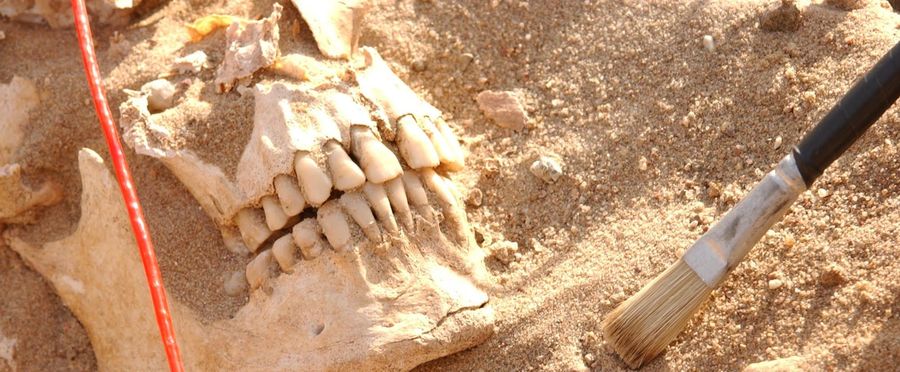A team of researchers in Japan has finally identified the disease that ravaged Napoleon's troops during his Russian campaign. After extensive studies, they revealed it to be Typhus. The research provides insights into the historical event as experts discuss the impact this disease had on the course of the war, reshaping our understanding of Napoleon's failed military operation.
Historical research, particularly related to health and medicine, holds significant importance in Japanese society. Japan's research institutes excel in disease identification, thus contributing to global knowledge. The identification of the disease that affected Napoleon's army is seen as an intellectual triumph and is a point of national pride.
Similar research has been done in the US and EU, though they focus more on archaeology and anthropology. The Japanese approach, delving into medical history, offers a fresh perspective on historical events and is well-received internationally, further boosting Japan's reputation in medical research.

